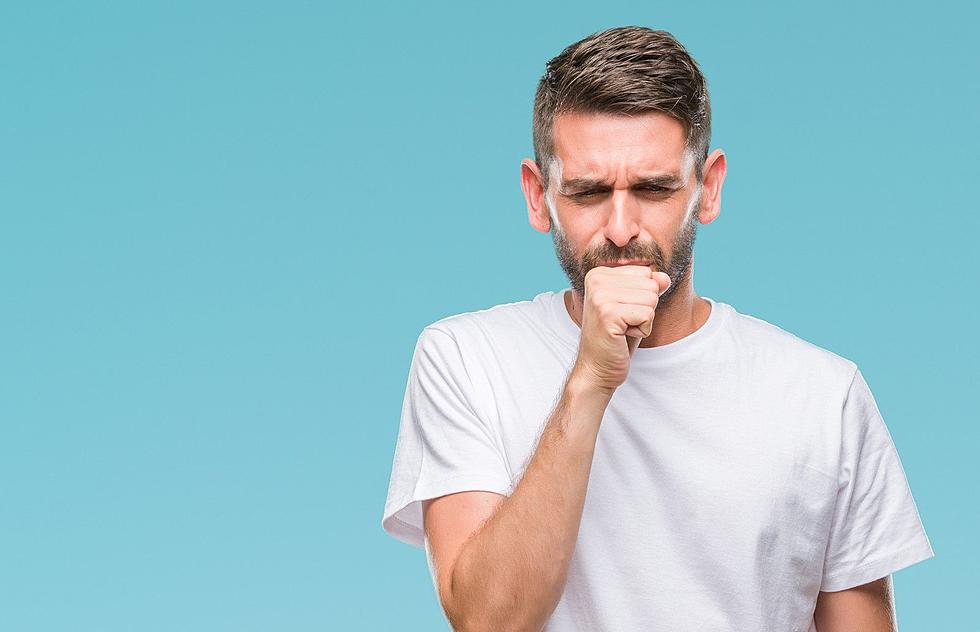
How Does COVID-19 Affect the Heart?
We’re still learning about the long-term effects of COVID-19 on our bodies. Studies are being done across the globe, including here at Hackensack Meridian Health, to better understand how people are impacted by the virus.
Some patients who have recovered from COVID-19 may show signs of heart damage, even weeks or months after feeling better, according to two studies published in JAMA Cardiology.
Heart Health Hits Home
The studies were released days before news broke that Major League Baseball pitcher, Eduardo Rodriguez, would sit out the rest of the season after doctors discovered inflammation in his heart after being infected with COVID-19. Reports said the pitcher developed myocarditis, which is an inflammation of the heart muscle.
“While there’s still much to be learned, we’re starting to understand that COVID-19 may lead to some heart problems that can have long-term consequences,” says Bhudev Sharma, M.D., a cardiologist at JFK Medical Center.
How does COVID-19 affect the heart?
Viruses attack the body by infecting cells directly. In the case of COVID-19, the virus primarily attacks the lungs. However, it can also cause your body to produce an overactive immune response which can lead to increased inflammation throughout the body.
Myocarditis can impair the heart’s ability to pump blood and send electrical signals. Severe forms of myocarditis can lead to more serious problems like abnormal heart rhythms, heart muscle disease, and heart failure.
According to one study out of the University of Frankford in Germany, more than half of patients studied who had COVID-19 were found to have ongoing cardiac inflammation. Researchers noted that more than two-thirds of the patients who participated in the study had a mild illness and recovered at home from COVID-19.
“The concern now is that even with a mild case of COVID-19, there’s a possibility that there could be inflammation and damage to your heart,” says Dr. Sharma.
However, it’s important to know that the abnormalities seen in the study can happen with other viral infections and may be temporary. Many cases of mild heart inflammation may not show symptoms and get better on their own.
What are signs you should seek care?
If you’ve been infected with COVID-19 you should continue to monitor any lingering symptoms and check in with your doctor regularly. Some signs you should talk to your doctor are:
- Extreme fatigue
- Trouble breathing
- Unexplained swelling
- Chest pain
For those who have had COVID-19 and live in the New Jersey area, consider seeking care at Hackensack Meridian Health’s COVID Recovery Center for access to all the specialists you need, all in one place.
“Although more research needs to be done to understand the long-term effects of COVID-19 on the heart, we do know COVID-19 affects the heart in two ways,” says Dr. Sharma. “First, it can directly cause myocarditis and blood clots, and second, it can indirectly affect the heart by making existing heart conditions worse. Everyone should continue to do everything they can to protect themselves and others from getting the illness.” Some basic precautions you should take include:
- Washing your hands often and using hand sanitizer when soap and water aren’t available. Make sure the hand sanitizer you use is at least 60% alcohol.
- Wear a mask any time you can’t maintain 6 feet of social distancing from others when indoors or outdoors.
- Know the signs and symptoms of COVID-19. Monitor for any signs of illness and get tested if you think you’ve been exposed to someone who has the virus.
Next Steps:
- Meet Hackensack Meridian Health's clinical contributor: Bhudev Sharma, M.D.
- Learn more about Hackensack Meridian Health’s COVID-19 Recovery Center
- To make an appointment with Dr. Sharma or a doctor near you, call 800-822-8905 or visit our website.
- Learn more about Hackensack Meridian Health's Keeping America Safe program.
More Resources:
More From 105.7 The Hawk






